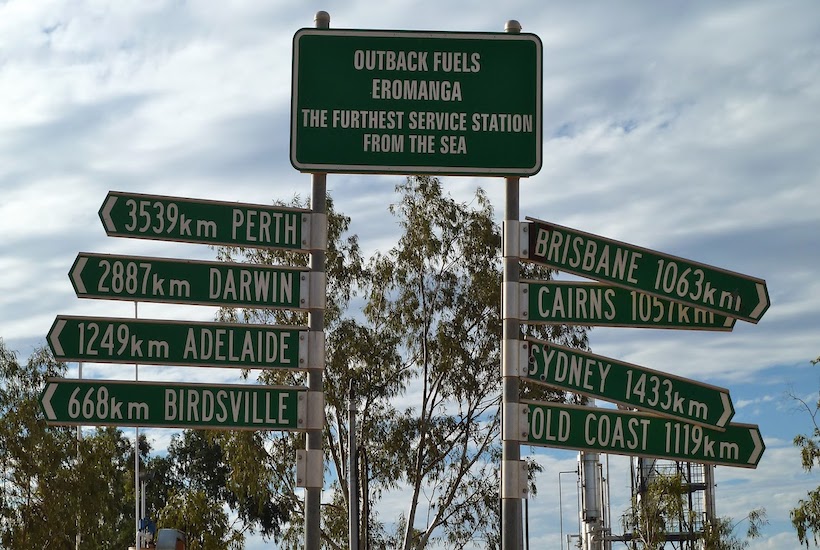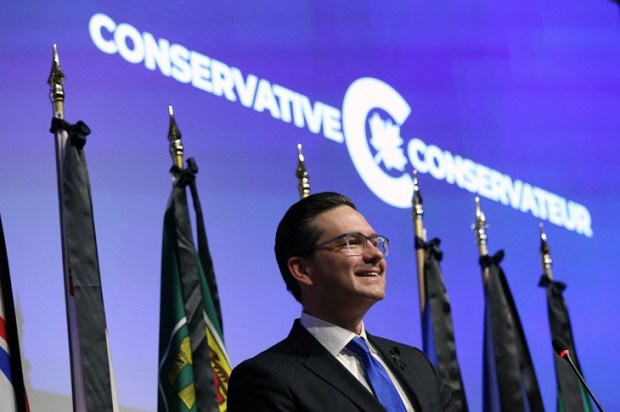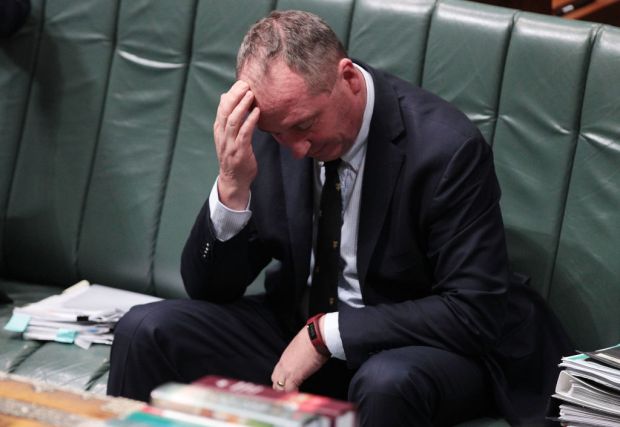With breathtaking arrogance and scant concern for connection with voters in rural communities, the Australian Electoral Commission has deemed the price of democracy too high to engage dozens of towns on election day.
The independent guardian of democracy has abolished booth after booth in at least two confirmed Victorian country electorates – Mallee and Wannon that combined account for almost 50 per cent of the state’s land mass.
The AEC now expects voters in country towns that can still boast football teams and primary schools to make a roundtrip on rural roads of 30 kilometres and more to vote on election day – or risk a $20 fine. It would be cheaper to stay rugged up at home glued to the TV on a nippy autumn day.
Of course, championing the best of bureaucratic gobbledygook, the AEC says there are other options for voters residing in increasingly disenfranchised country areas.
Why, you could lodge a postal vote. Easier said than done with the snail’s pace of delivery by Australian Post in the big cities today and even less reliable getting the good mail out to distant rural areas.
And then there’s the growing number of pre-poll centres that have turned election day into a three-week festival sans the sausage sizzles and cake stalls and where AEC poll clerks wave through voters with the flimsiest of excuses, if any excuse at all, why they can’t be bothered to mark the ballot paper on actual election day.
A trip to one of those convenience pop-up polling booths could cost as much as a cheap airfare to personally lodge the ballot paper at AEC headquarters around the corner from the capital’s GPO.
The AEC’s attitude and treatment of country areas is achingly akin to its outright dismissal of what was once a key criteria in determining electoral boundaries – community of interest. In the last redistribution, the central Victorian community of Maryborough was annexed from Wannon and put into Mallee, almost 400 kilometres away from the largest city in the electorate. Previously it had been in either Ballarat or Bendigo, virtually equidistant at around 70 kilometres from each of the major regional centres.
What’s the criteria that the AEC applies when selecting locations for rural polling booths? It says:
The AEC undertakes a range of analysis between elections in order to determine the most appropriate voter service model. Part of the decision to abolish a polling place is based on a review of historical data, including vote trends across elections. The AEC has vote thresholds and if they are not met, then we may consider abolishing a polling place. A number of factors are considered when making a decision, such as where the next closest polling place is, if there is a town centre close by where people would already be going for shopping or medical reasons and what other voting alternatives are available.
Wow! Says nothing, gives the AEC every get-out-of jail card and still no detail on what is the threshold that may prompt it to “consider abolishing a polling place.”
And to add insult to its diminished respect for country people, the AEC has declined to reveal how many polling booths have been ditched in rural electorates across the nation for Saturday’s vote, defaulting to a final whack at the intelligence of the bush, saying:
While there are decreases in voting services in some places, we are very fortunate as Australians to have a range of voting options available to us, the likes of which are not experienced in many democracies around the world.
It’s not the first time that country communities have experienced such contemptuous treatment. The big banks put massively increased profits ahead of continuing as part of the economic fabric of country towns. Thousands of bank closures in the past two decades have not helped the rural fightback in some areas where accessing an adequate phone and internet connections can remain a dilemma for farms, businesses and homes.
Unlike the delivery of alternative banking models in many country towns, there is no such glimmer of hope for voters now faced with greater inconvenience in fulfilling their democratic responsibility than those early voters who simply cannot be bothered venturing outdoors on election day. The AEC is not a business but a government agency with complete responsibility for the democratic process.
It’s time the AEC realised that the vote of a person living in rural Australia is equal, and as important, as electors in the capital cities who need travel only a short distance to their nearest booth.
The AEC has snubbed democracy and the bush with both its abolition of booths and a refusal to give open answers.
All this in one of the few nations in the world with compulsory voting.
After Saturday, the AEC has some real explaining to do before the Electoral Matters Committee when it convenes in the new parliament to review the conduct of the 2019 election.
Chris Earl is a rural and regional consultant.
Illustration: Tourism & Events Queensland.
Got something to add? Join the discussion and comment below.
Got something to add? Join the discussion and comment below.
Get 10 issues for just $10
Subscribe to The Spectator Australia today for the next 10 magazine issues, plus full online access, for just $10.

























Comments
Don't miss out
Join the conversation with other Spectator Australia readers. Subscribe to leave a comment.
SUBSCRIBEAlready a subscriber? Log in